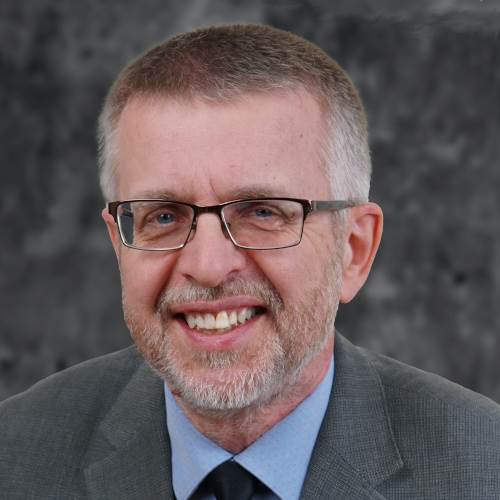Session #7: Engineering-Grade OT Security
Presented by Waterfall Security Solutions
10:30 AM - 11:15 AMThu
North Flex A/B
Registration Required
Your registration must include one of the required registration options to attend this session. [ Details ]
Speakers
CISF2025 Partners
 Waterfall Security Solutions
Waterfall Security Solutions
Enabling OT with Cyber-Physical Protection:
Through our software-enabled hardware platforms, we enable secure and reliable operations, protecting against both today’s cybersecurity challenges and those yet to come.
If your life depends on a massive boiler not blowing up, how would you rather be protected from an attack that over-heats the boiler's furnace? With a spring-loaded over-pressure relief valve? Or a longer password on the furnace's PLC? Cyber-Informed Engineering (CIE) is positioned as a combination of cybersecurity and engineering. The engineering approach has been under-emphasized historically and offers powerful analog, electro-mechanical and other engineering-grade mitigations that have no IT analogue. In this presentation we argue that the pervasive threat is nation-state-grade ransomware and true nation-states. When public safety or critical infrastructure are at risk, the engineering profession has a responsibility to use engineering-grade protections wherever practical, and we must use cybersecurity everywhere else, depending on attack/consequence credibility. This is based on the author's book by the same name. Free copies will be available to attendees, courtesy of Waterfall.
Expected Outcome:
Raise awareness of CIE - address highest-consequence threats first and wherever practical, use "unhackable" engineering-grade mitigations to as much as possible eliminate credible cyber threats entirely, in addition to software-based IT-grade solutions.
Intended Audience:
This presentation has been used for board security committees, executives, managers, IT teams, and engineers. The majority response is "What a good idea. But - why is this new? This should not be new. This should be how we were looking at the problem from the beginning!"
